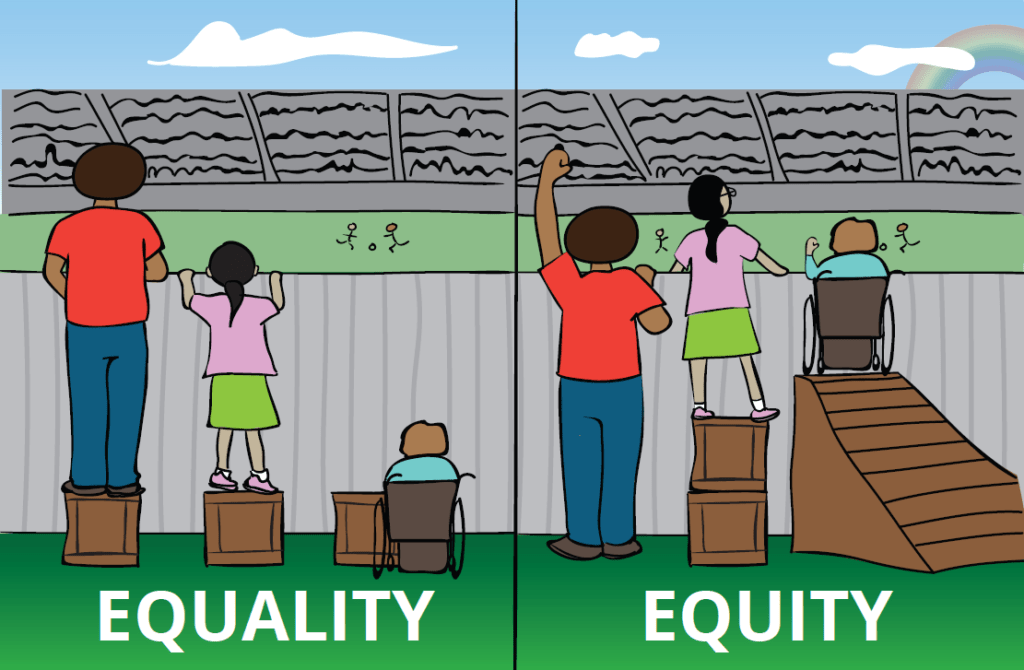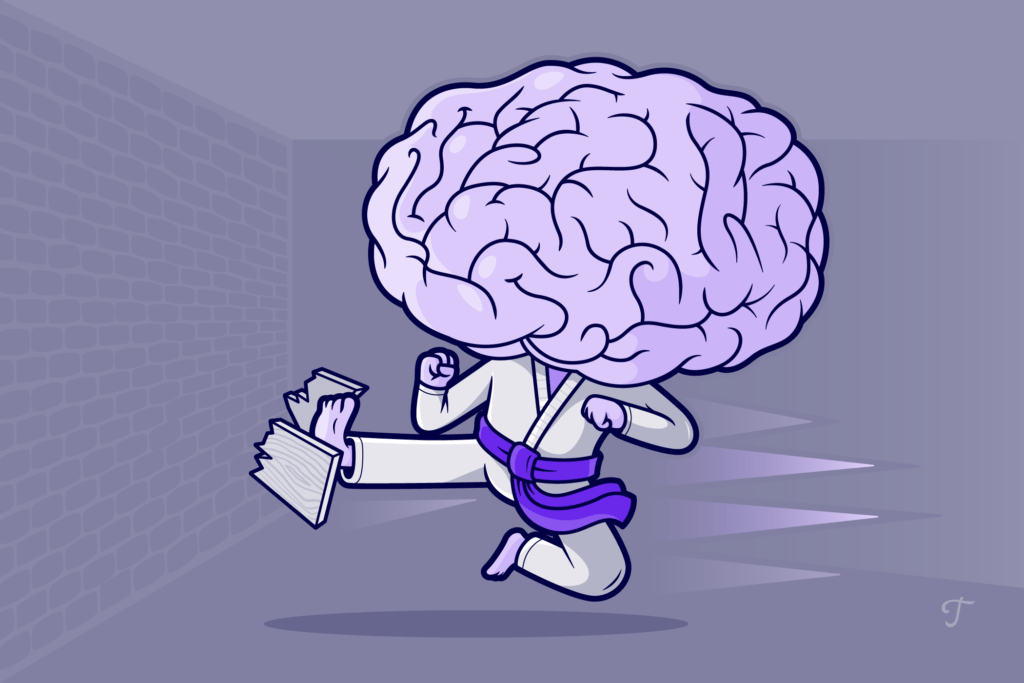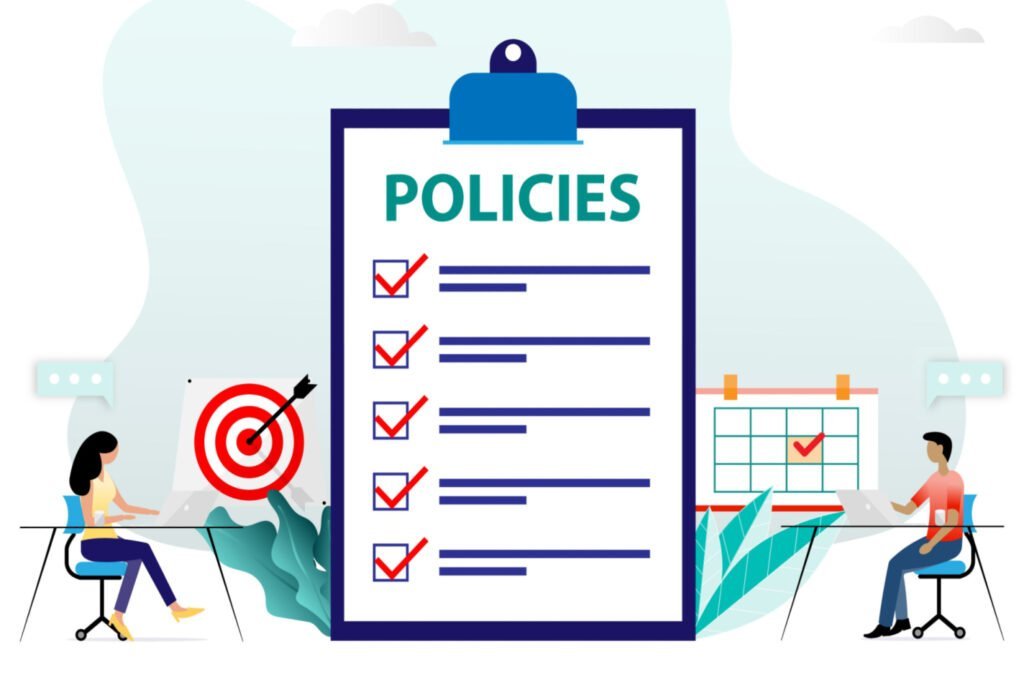Diversity, Equity, and Inclusion (DEI) have become essential pillars in modern workplace culture. Companies are increasingly recognizing the importance of DEI initiatives not only as ethical imperatives but also as critical components of business success. This article explores the growing focus on DEI initiatives in the workplace, their impact on company culture, and how they contribute to overall performance.
Understanding DEI
Diversity

Diversity refers to the presence of differences within a given setting. In the workplace, this means having a workforce composed of individuals with varying characteristics, including but not limited to race, gender, age, sexual orientation, disability status, and cultural background.
Equity

Equity involves ensuring fair treatment, access, opportunity, and advancement for all individuals. It seeks to identify and eliminate barriers that have prevented the full participation of some groups, ensuring that everyone has the resources they need to succeed.
Inclusion

Inclusion is about creating a workplace environment where all individuals feel valued, respected, and supported. It means fostering a culture where diverse perspectives are not only welcomed but are integral to the organization’s success.
The Importance of DEI Initiatives
Enhancing Company Culture
DEI initiatives play a crucial role in shaping a positive and inclusive company culture.
- Increased Employee Engagement: When employees feel valued and included, they are more likely to be engaged and motivated.
- Fostering Innovation: A diverse workforce brings a variety of perspectives and ideas, driving innovation and creative problem-solving.
- Building Trust: Transparent and equitable practices build trust among employees, leading to higher morale and loyalty.
Improving Business Performance
Companies that prioritize DEI often see significant improvements in business performance.
- Better Decision-Making: Diverse teams bring different viewpoints and experiences, leading to more well-rounded and effective decision-making.
- Enhanced Reputation: Companies known for their commitment to DEI attract top talent and build stronger relationships with customers and partners.
- Financial Success: Studies have shown that companies with diverse leadership teams are more likely to outperform their peers financially.
Implementing DEI Initiatives
Leadership Commitment

Successful DEI initiatives require commitment and support from top leadership.
- Setting the Tone: Leaders must articulate the importance of DEI and integrate it into the company’s mission and values.
- Allocating Resources: Adequate resources, including budget and personnel, should be dedicated to DEI efforts.
Training and Education

Education and training programs are essential for fostering an inclusive workplace.
- Unconscious Bias Training: Training employees to recognize and mitigate unconscious biases helps create a more equitable work environment.
- Cultural Competency: Enhancing cultural competency among employees promotes better understanding and collaboration across diverse groups.
Policies and Practices

Implementing fair and inclusive policies and practices is crucial for advancing DEI.
- Recruitment and Hiring: Adopting inclusive recruitment and hiring practices helps build a diverse workforce.
- Career Development: Providing equitable opportunities for career advancement ensures that all employees can achieve their full potential.
- Pay Equity: Regularly reviewing and adjusting compensation practices to eliminate pay disparities is critical for promoting equity.
Measuring the Impact of DEI Initiatives
Data Collection and Analysis
Collecting and analyzing data is essential for assessing the effectiveness of DEI initiatives.
- Employee Surveys: Regular surveys can provide insights into employees’ perceptions of diversity and inclusion within the company.
- Diversity Metrics: Tracking diversity metrics, such as representation at different levels of the organization, helps measure progress.
Continuous Improvement
DEI is an ongoing effort that requires continuous evaluation and improvement.
- Feedback Mechanisms: Establishing feedback mechanisms allows employees to voice concerns and suggestions for improving DEI initiatives.
- Adjusting Strategies: Using data and feedback to refine and enhance DEI strategies ensures they remain effective and relevant.
Conclusion
The increasing focus on Diversity, Equity, and Inclusion (DEI) initiatives is transforming workplaces and driving better outcomes for companies. By fostering an inclusive culture, companies can enhance employee engagement, drive innovation, and improve business performance. Staying updated with the latest trends in DEI practices can help organizations remain competitive and create a positive impact on their workforce and society at large. Implementing and continually improving DEI initiatives is not only a moral imperative but also a strategic advantage in today’s diverse and dynamic world.



